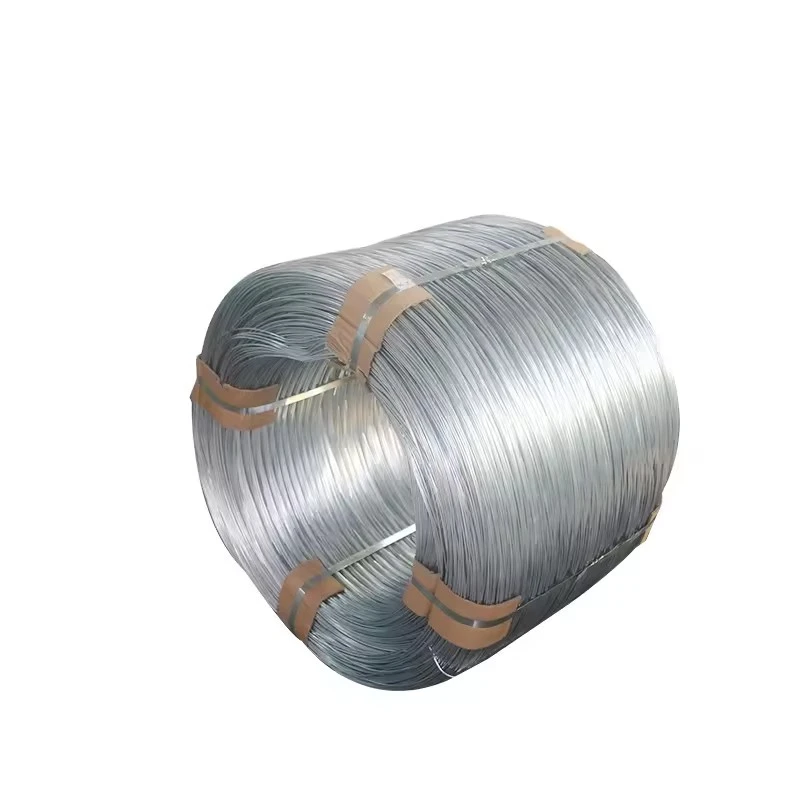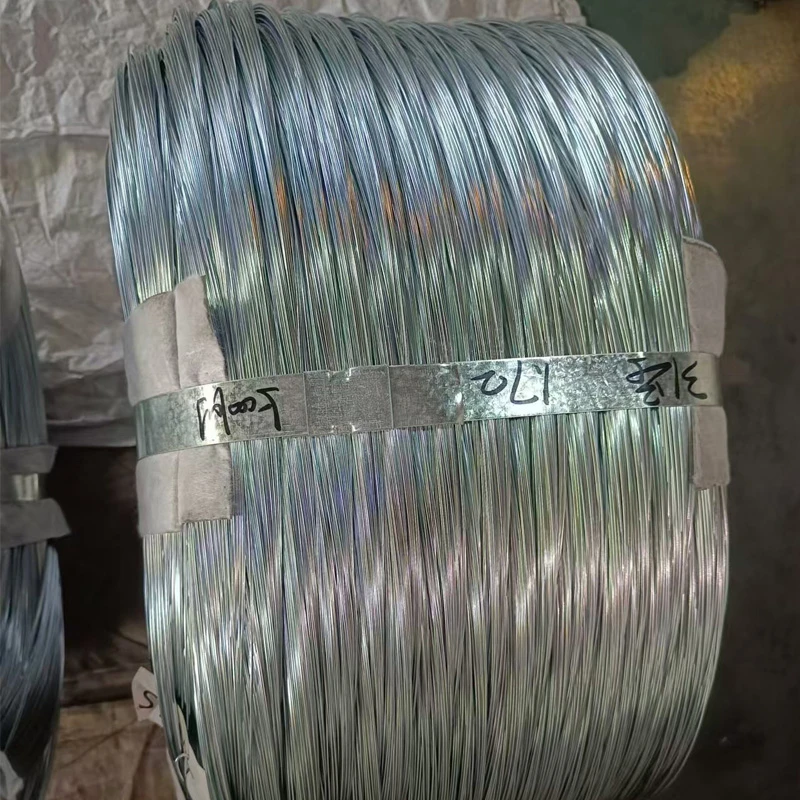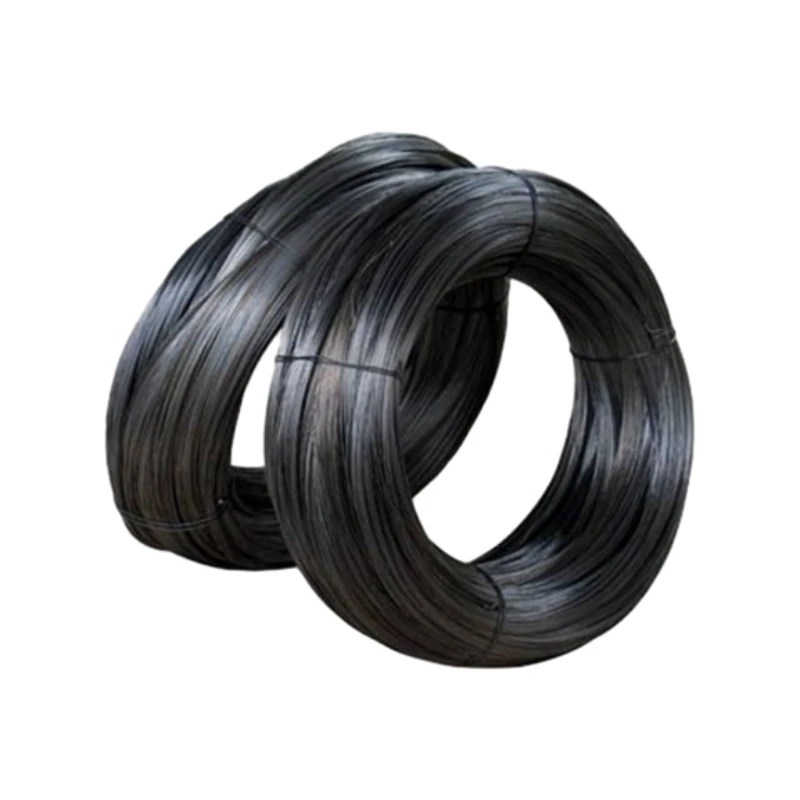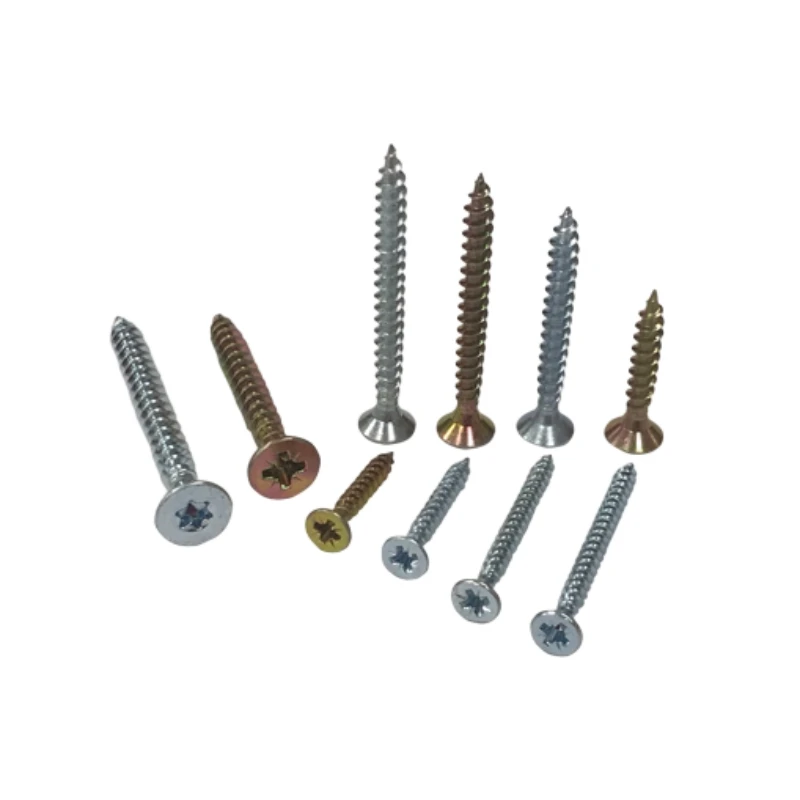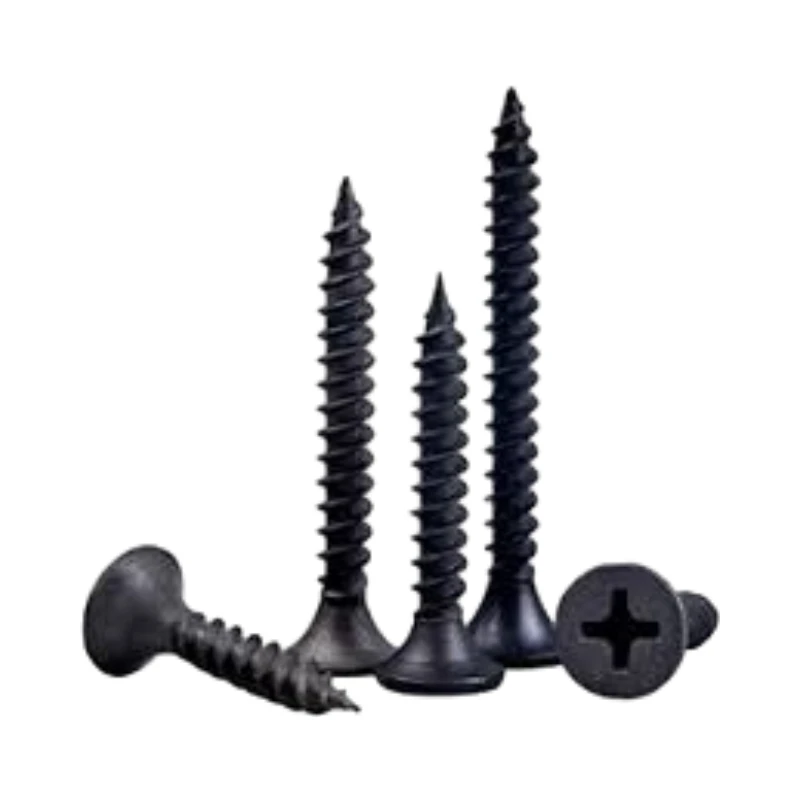
Talk With Us
+86-13601661296
Email Address
admin@sxjbradnail.comIndustrial Staples: Heavy-Duty Fasteners for Secure Applications
Optimizing Industrial Fastening: A Deep Dive into High-Performance Staples
In diverse heavy industries, the reliability and efficiency of fastening solutions are paramount. From construction and manufacturing to specialized applications in petrochemicals and logistics, the integrity of a join can significantly impact operational safety, product longevity, and overall cost-effectiveness. This article provides an exhaustive overview of industrial staples, exploring their critical role, advanced manufacturing processes, technical specifications, and strategic advantages in demanding environments. We delve into industry trends, application scenarios, and the stringent criteria for selecting optimal fastening partners, ensuring decision-makers are equipped with comprehensive knowledge.
The Advanced Manufacturing Process of Industrial Staples
The production of high-performance industrial staples is a sophisticated engineering discipline, requiring precision, material science expertise, and rigorous quality control. The process ensures that each staple meets the demanding performance requirements of its intended application, from securing heavy-duty packaging to assembling furniture frames or structural components.
Key Materials and Their Properties:
- High-Tensile Steel Wire: The foundation of most industrial staples, chosen for its exceptional strength and ductility, capable of penetrating dense materials without bending. Common grades include high-carbon steel, often galvanized for corrosion resistance.
- Stainless Steel Alloys: For applications requiring superior corrosion resistance, especially in marine, chemical, or medical environments, alloys like 304 or 316 stainless steel are used. These are critical in industries such as food processing or petrochemical.
- Specialty Coatings: Galvanization (zinc coating) is standard for rust prevention. Other coatings, such as polymer or resin bonds, are applied to enhance holding power and to prevent staples from sticking together in magazines. These coatings also improve penetration efficiency and reduce tool wear.
Manufacturing Process Flow:
- Wire Drawing & Straightening: Raw steel coils are drawn through dies to achieve precise gauge diameter, then straightened to eliminate any residual curvature. This process refines the wire's metallurgical structure, enhancing its tensile strength.
- Shaping & Cutting: The straightened wire is fed into specialized, high-speed machinery that precisely bends it into the characteristic U-shape (crown and legs) and cuts it to the exact leg length, ensuring dimensional consistency across batches.
- Coating & Bonding: Individual staples undergo surface treatment, such as galvanization for corrosion resistance, followed by the application of an adhesive resin. This resin is crucial for binding multiple staples into coherent strips or coils, which facilitates smooth feeding into pneumatic tools without premature separation.
- Drying & Curing: The coated and bonded strips are then subjected to a controlled drying and curing process. This step is critical to ensure the adhesive sets properly, optimizing the bond strength and preventing any issues during storage or use.
- Packaging & Inspection: Finally, finished strips are counted, stacked, and packaged according to client specifications. Throughout the entire process, stringent quality checks are performed, adhering to international testing standards at each critical junction.
Testing Standards and Quality Assurance:
Adherence to international standards is non-negotiable for industrial staples. Manufacturers typically comply with ISO 9001 for quality management systems, demonstrating a commitment to consistent product delivery and customer satisfaction. Product-specific testing includes evaluations of tensile strength, shear strength, and crucial corrosion resistance through salt spray testing per ASTM B117. Dimensional accuracy and consistent point geometry are also meticulously checked to ensure jam-free operation and optimal penetration. These stringent standards guarantee optimal service life and predictable performance in diverse operational environments. For instance, staples designed for outdoor construction must exhibit superior corrosion resistance, while those for high-speed assembly lines demand precise dimensions for jam-free operation.
Target Industries: Our high-quality industrial staples serve critical applications in petrochemical, metallurgy, water supply & drainage, heavy construction, furniture manufacturing, and sophisticated packaging sectors, among others.
Advantages in Typical Application Scenarios: These staples are engineered for advantages such as enhanced energy saving (through optimized fastening efficiency and reduced rework), superior corrosion resistance (extending asset life in harsh conditions), and robust structural integrity, minimizing maintenance and replacement costs. They provide a reliable, efficient, and cost-effective fastening solution.
Industry Trends in Industrial Stapling Technology
The industrial fastening sector, particularly for industrial staples, is experiencing dynamic shifts driven by technological advancements, environmental consciousness, and evolving regulatory landscapes. Key trends shaping the future of industrial fastening include:
- Advanced Material Science: Continuous research and development in new alloys and composite materials offer higher strength-to-weight ratios, improved corrosion resistance, and greater ductility. This allows for lighter, yet stronger, staples capable of specialized applications in extreme environments. Innovations include specific surface treatments to enhance friction coefficients for greater holding power.
- Automation and Robotics Integration: There is an increasing adoption of automated stapling systems and robotic platforms in high-volume manufacturing environments. This trend demands highly consistent industrial staples with exceptionally tight dimensional tolerances to ensure jam-free, high-speed operation, thereby optimizing production lines and significantly reducing labor costs and potential for human error.
- Sustainability and Eco-Friendly Solutions: A growing emphasis on environmental responsibility is driving the development of recyclable materials, reduction of waste in manufacturing processes, and the exploration of potentially bio-degradable coatings for niche applications. Companies are actively seeking fasteners that contribute to the overall sustainability of their end products and operations.
- Data-Driven Performance and Quality Control: Modern manufacturing integrates advanced sensing and data analytics to monitor staple production in real-time. This allows for immediate adjustments and ensures unparalleled consistency, which is crucial for high-performance industrial staples.
- Ergonomics and Safety: Ongoing improvements in stapler tool design and staple strip handling are enhancing operator safety and reducing fatigue. This focus on human factors complements the core staple product by creating a safer and more efficient working environment.
These trends collectively push the boundaries of what industrial staples can achieve, focusing on enhanced performance, operational efficiency, and environmental responsibility, ensuring they remain a vital fastening solution for the foreseeable future.
Technical Specifications: 16 Gauge Industry Staple GSW Series 23.7 Crown Staple
Understanding the precise technical specifications is crucial for selecting the correct industrial staples sizes for any given application. The 16 Gauge Industry Staple GSW Series 23.7 Crown Staple exemplifies a robust fastening solution designed for demanding tasks that require significant holding power and durability.
Gauge: The "16 Gauge" refers to the thickness of the wire. In the industrial measurement system, a lower gauge number indicates a thicker wire, signifying greater strength and durability. 16 gauge is a common and preferred choice for heavy-duty applications requiring substantial holding power, such as framing, sheathing, and crate assembly.
Crown Width: The "23.7 Crown" specifies the width of the staple's head, or crown. A wider crown distributes the fastening force over a larger surface area, significantly enhancing pull-through resistance and providing a more secure hold. This is particularly important in materials that might tear or split easily, like plywood, insulation board, or heavy cardboard. This dimension is typically measured in millimeters, indicating precision engineering.
Leg Length: While not explicitly specified in the product name, 16 gauge staples come in various leg lengths (e.g., 25mm, 32mm, 38mm, 50mm) to accommodate different material thicknesses and desired penetration depths. The optimal leg length ensures proper embedment without over-penetration, which could weaken the material, or under-penetration, which compromises hold.
Below is a typical specification table for 16 Gauge GSW Series 23.7 Crown industrial staples, detailing key parameters and their implications for performance:
Diverse Application Scenarios and Case Studies
The versatility of industrial staples makes them indispensable across a multitude of sectors. Their ability to deliver rapid, secure, and durable fastenings provides significant operational advantages, improving efficiency and product quality.
- Construction and Infrastructure: In both residential and commercial construction, industrial staples are crucial for critical applications like subflooring installation, sheathing attachment, roofing felt application, and securing insulation. For example, in large-scale prefabricated housing projects, the consistent and robust hold of 16-gauge staples accelerates assembly while ensuring strict adherence to structural integrity codes. Their efficient deployment significantly reduces labor time and costs compared to traditional nailing methods.
- Furniture Manufacturing: The furniture industry relies heavily on various industrial staples sizes for upholstery, intricate frame assembly, and cabinetry. Precision-engineered staples ensure tight joints and a clean finish, which are essential for both product aesthetics and long-term durability. Leading manufacturers have reported up to a 30% increase in assembly speed and a reduction in material waste when transitioning from screws to optimized stapling systems.
- Packaging and Crating: Heavy-duty packaging, especially for exporting goods or securing freight, extensively uses robust industrial staples for sealing corrugated boxes, constructing wooden crates, and assembling pallets. This guarantees exceptional package integrity throughout the supply chain, significantly reducing product damage during transit and subsequently lowering logistical costs. A key client in the automotive parts logistics sector successfully reduced their packaging time by 40% and improved crate strength by 15% after adopting our GSW series staples.
- Automotive Interior Assembly: For components such as headliners, door panels, and seatbacks, specialized industrial staples provide discrete yet strong fastenings. Their consistent depth of drive and material compatibility prevent damage to delicate fabrics or trim, ensuring a high-quality finish that meets stringent automotive standards.
- Petrochemical and Water Treatment (Specialized): While not for direct fluid contact, stainless steel staples find niche applications in securing non-corrosive insulation materials around critical piping or for fastening weather barriers in environments exposed to corrosive chemicals, leveraging their superior resistance to chemical degradation and extreme conditions.
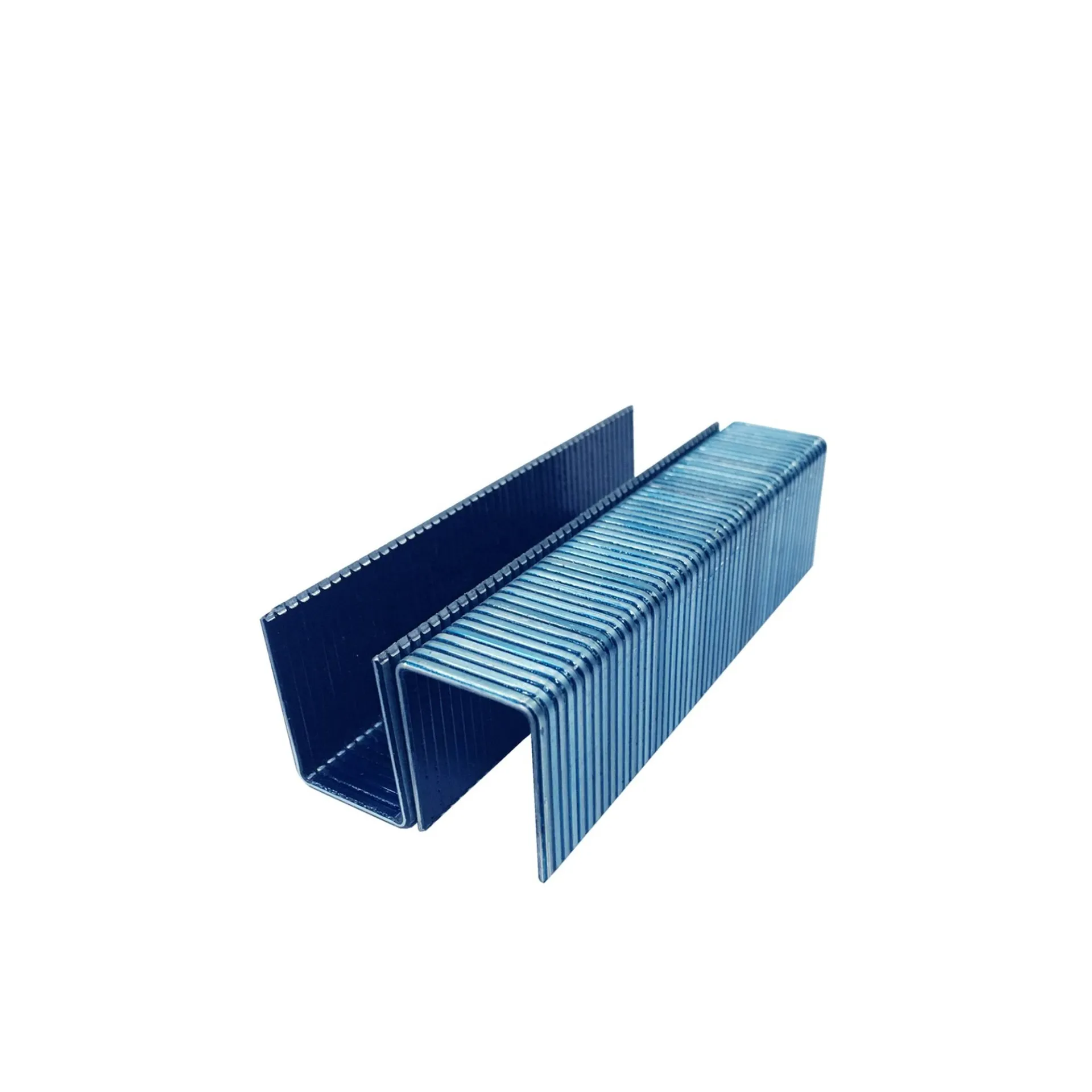
Figure 1: High-performance industrial staples in a heavy-duty packaging application, demonstrating robust containment.
These varied applications underscore the critical need for high-quality, technically precise industrial staples that can consistently withstand diverse environmental and operational stresses, ultimately enhancing product performance and reliability across industries.
Technical Advantages and Performance Metrics
The selection of premium industrial staples translates directly into measurable technical and operational advantages for B2B clients, impacting productivity, durability, and cost-efficiency:
- Superior Holding Power: Engineered chisel points ensure clean and precise penetration, minimizing material damage, while resin coatings significantly enhance friction between the staple and the substrate. This combination provides exceptional pull-out resistance and shear strength. The wide crown of staples like the GSW series further distributes the fastening force over a larger surface area, preventing material tear-through and improving overall joint integrity.
- Enhanced Durability and Longevity: Manufactured from high-tensile steel and often galvanized or made from stainless steel, these staples offer prolonged service life even in challenging conditions. This inherent durability translates to reduced maintenance, fewer re-fastening requirements, and an extended lifespan for the assembled products, contributing to a lower overall lifecycle cost.
- Corrosion Resistance: For outdoor, humid, or moisture-prone applications, galvanized or stainless steel industrial staples are indispensable. Their robust resistance to rust and oxidation ensures the integrity of the fastening over extended periods, which is particularly vital in construction, marine-adjacent industries, and agricultural sectors. This protects against premature structural degradation.
- Operational Efficiency: Precisely manufactured staple strips, with consistent dimensions and effective bonding, feed smoothly and reliably through pneumatic staplers. This minimizes frustrating jams and costly downtime in high-volume production environments. This consistency is paramount for maintaining fast assembly rates, directly contributing to energy saving through optimized processes and increased output.
- Cost-Effectiveness: While the initial unit cost might be slightly higher for premium industrial staples, their extended lifespan, reduced failure rates, and significant contribution to faster, more reliable assembly cycles result in a demonstrably lower total cost of ownership (TCO) compared to cheaper, less reliable alternatives that frequently lead to rework and material waste.
These advantages are rigorously validated through comprehensive internal testing and adherence to international standards such as ASTM F1667 for fastener strength and performance, providing clients with unequivocal confidence in their investment.
Vendor Comparison: Selecting the Right Industrial Staples Suppliers
Choosing the right supplier for industrial staples is a strategic decision that profoundly impacts product quality, operational efficiency, and overall supply chain reliability. Beyond mere pricing, several critical factors differentiate top-tier suppliers and should be carefully evaluated.
A key differentiator for top-tier industrial staples suppliers is their commitment to partnership, offering not just products but integrated solutions. This includes proactive communication, consistent material quality, and a commitment to continuous improvement based on detailed client feedback and evolving industry demands.
Customized Solutions for Specialized Applications
While standard industrial staples fulfill a vast array of fastening needs across numerous industries, specialized projects often demand bespoke solutions that off-the-shelf products cannot fully address. Leading manufacturers provide extensive customization options to precisely meet unique material, environmental, and performance criteria.
- Material Alterations: For applications in extreme temperatures, exposure to highly corrosive chemicals, or specific electrical conductivity requirements, staples can be custom-produced from specialized alloys (e.g., higher grades of stainless steel, specific types of aluminum, copper-plated steel) to ensure optimal performance without degradation or adverse reactions.
- Dimensional Adjustments: Non-standard leg lengths, crown widths, or wire gauges can be meticulously manufactured to perfectly match a unique substrate thickness or highly specific tool specification. This precision prevents issues like over-penetration, which could compromise material integrity, or insufficient holding power, which would lead to fastening failure.
- Coating Innovations: Beyond standard galvanization or resin, custom coatings can be developed for enhanced properties. Examples include specialized UV resistance for outdoor long-term exposure, specific color coding for different product lines or assembly steps, or even customized lubricity coatings to facilitate penetration into particularly dense or abrasive materials while minimizing tool wear.
- Point Geometry Optimization: While the chisel point is highly effective and widely used, for very delicate materials or unique penetration requirements, modified chisel points, divergent points, or even blunt points can be engineered. This optimization helps to minimize material splitting or tearing, and ensures the best possible aesthetics and structural integrity for the finished product.
Through a collaborative engineering process, clients can work directly with our technical teams to design and prototype industrial staples that precisely address their most challenging fastening dilemmas. This tailored approach ensures peak performance, optimal reliability, and a competitive edge in specialized markets.
Ensuring Quality and Reliability: Certifications and Standards
For B2B buyers, the assurance of quality and reliability in industrial staples fundamentally comes from a manufacturer's unwavering adherence to stringent international standards and the implementation of robust, verifiable quality management systems. This commitment is a cornerstone of trust and consistent performance.
- ISO 9001 Certification: This internationally recognized standard for quality management systems ensures that a manufacturer has well-defined processes in place to consistently meet customer and regulatory requirements. It signifies a continuous commitment to improving operational efficiency and product quality across all stages of production.
- ASTM Standards: The American Society for Testing and Materials (ASTM) provides a critical framework of standards specific to fasteners, covering material composition, critical mechanical properties, and rigorous testing methodologies. Adherence to standards like ASTM F1667 (Standard Specification for Driven Fasteners: Nails, Spikes, and Staples) guarantees predictable and consistent performance under specified conditions.
- Material Traceability: Reputable suppliers offer complete traceability of raw materials, ensuring that every batch of wire used in the production of industrial staples can be precisely traced back to its origin. This allows for verification of its chemical composition and mechanical properties, which is vital for critical applications where material failure could have severe consequences.
- Internal Quality Control: Beyond external certifications, a robust internal Quality Control department performs continuous and rigorous checks at every stage of manufacturing. This includes comprehensive inspection of incoming raw materials, in-process dimensional verification, adhesion strength testing of coatings, and functional testing in pneumatic tools to ensure seamless operation and final product integrity.
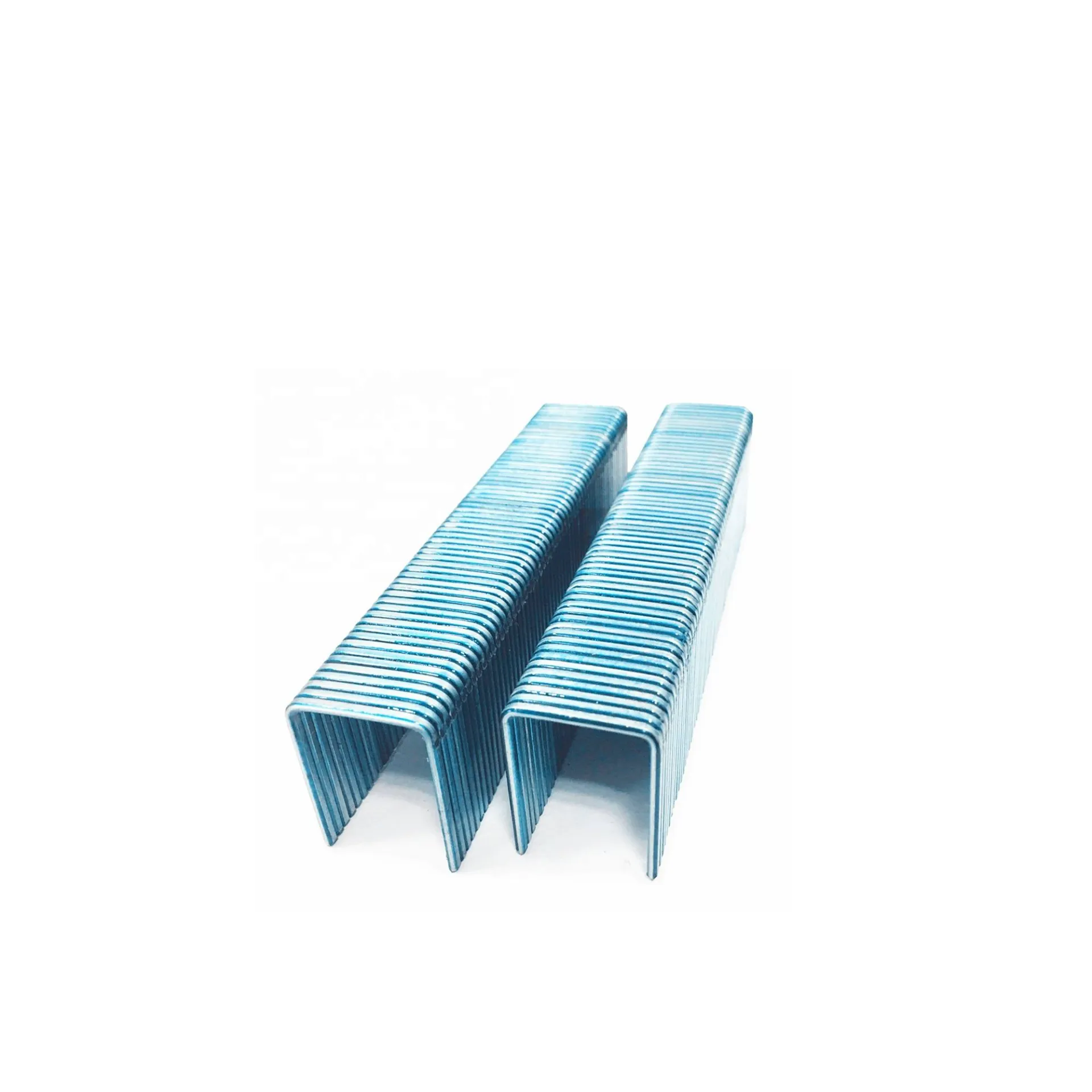
Figure 2: Quality inspection ensuring the integrity and bonding consistency of industrial staples strips.
These commitments to unparalleled quality and stringent compliance provide profound peace of mind to industrial buyers and significantly reduce the risks associated with fastener failure in demanding industrial applications, safeguarding both products and operations.
Frequently Asked Questions (FAQ) about Industrial Staples
-
Q: How do I choose the correct gauge for my application?
A: The appropriate gauge depends fundamentally on the density and thickness of your material and the required holding power. As a rule of thumb, lower gauge numbers (e.g., 16 gauge) indicate thicker, stronger wire, suitable for heavy-duty materials, while higher gauges (e.g., 20 gauge) are typically used for lighter, more delicate materials. We highly recommend consulting our technical specialists for precise recommendations tailored to your specific substrate and application needs. -
Q: What is the significance of the crown width?
A: The crown width directly dictates the spread of the fastening force over the material. A wider crown, such as the 23.7mm on our GSW series industrial staples, offers significantly greater pull-through resistance. This is particularly advantageous for materials where a larger surface area contact is beneficial to prevent tearing, splitting, or material fatigue, ensuring a more secure and durable bond. -
Q: Are your industrial staples compatible with all pneumatic staplers?
A: Our staples are meticulously designed for optimal compatibility with standard pneumatic staplers of the corresponding gauge and crown width. To ensure seamless and efficient operation, we strongly advise verifying your specific tool's specifications against our product data sheet. This prevents potential tool jams, ensures proper staple feed, and guarantees optimal fastening performance. -
Q: How do you ensure corrosion resistance for outdoor or harsh applications?
A: For applications in outdoor, humid, or otherwise corrosive environments, we primarily offer high-quality galvanized steel staples, which feature a robust protective zinc coating that effectively resists rust and oxidation. For highly corrosive chemical environments, specialized stainless steel options (typically 304 or 316 grade) are available, providing superior chemical resistance and longevity. -
Q: Can I obtain samples before placing a large order for industrial staples?
A: Yes, we fully understand the critical importance of testing and validation in industrial procurement. Sample requests can be conveniently arranged through your dedicated account manager, allowing you to thoroughly evaluate the staples' performance and ensure they meet your specific application requirements and quality standards before committing to a larger order.
Logistics, Warranty, and After-Sales Support
At SXJ Staple, we pride ourselves on delivering a comprehensive support system that extends far beyond the initial product delivery. Our commitment ensures our clients receive maximum value, unparalleled operational continuity, and complete peace of mind throughout their experience.
- Lead Time & Fulfillment: We maintain robust inventory levels and leverage highly efficient global logistics networks to ensure reliable and predictable lead times for all our industrial staples. Standard orders typically ship within 3-5 business days, with flexible expedited shipping options readily available for urgent requirements. Our advanced tracking systems provide real-time updates on your shipment status, offering full transparency and control over your supply chain.
- Warranty Commitments: All our industrial staples are backed by a comprehensive quality warranty, guaranteeing them to be entirely free from defects in both material and workmanship. Should any product not meet our rigorously stated specifications or fail to perform as expected under normal conditions, we are fully committed to prompt replacement or a satisfactory resolution, ensuring minimal disruption to your operations.
- Customer Support: Our dedicated and highly knowledgeable technical support team is available during business hours to provide expert assistance with product selection, detailed application guidance, proactive troubleshooting, and any post-purchase inquiries you may have. We offer multi-channel support via phone, email, and a dedicated online portal to ensure timely, effective, and personalized assistance. Your satisfaction and uninterrupted operations are our top priority and commitment.
Conclusion: The Strategic Importance of Precision Industrial Staples
The meticulous selection of high-quality industrial staples is far more than a routine procurement decision; it is a strategic investment that profoundly impacts the longevity, safety, and operational efficiency of industrial processes. By thoroughly understanding the intricate manufacturing processes, rigorously adhering to stringent technical specifications, and leveraging advanced materials science, businesses can critically optimize their fastening strategies. Partnering with a reputable supplier that offers superior products, tailored fastening solutions, and unwavering after-sales support ensures a robust and reliable supply chain. This strategic approach directly contributes to improved product quality, enhanced structural integrity, and significantly reduced operational costs, ultimately bolstering competitiveness. The 16 Gauge Industry Staple GSW Series 23.7 Crown Staple exemplifies the innovation and reliability required to thrive in today's demanding industrial landscape.
References
- International Organization for Standardization. ISO 9001:2015 - Quality management systems — Requirements.
- ASTM International. ASTM F1667/F1667M-18 Standard Specification for Driven Fasteners: Nails, Spikes, and Staples.
- Kohl, H. A. (2018). Fastener Design Manual. NASA Reference Publication 1228.
- Corrosionpedia. Galvanization. Retrieved from corrosionpedia.com.
-
2 Inch Brad Nails - Precision Fastening for Woodworking & ConstructionNewsNov.24,2025
-
Affordable Quality: Understanding Cheap Brad Nails and Their Global ImpactNewsNov.24,2025
-
Type F Brad Nails: Precision Fasteners for Quality Craftsmanship & IndustryNewsNov.23,2025
-
High-Quality Type 47 Brad Nails for Precision & Durability | SXJ IndustrialNewsNov.23,2025
-
T47 Nail: The Ultimate Guide to Industrial and Construction ApplicationsNewsNov.22,2025
-
Everything You Need to Know About T Head Brad Nails | Global Fastening SolutionsNewsNov.22,2025

